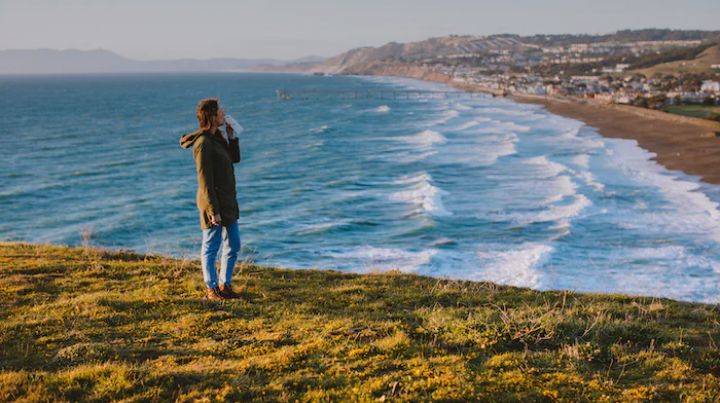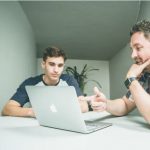The founders of three Nigerian start-ups are among the six ocean-minded entrepreneurs chosen for OceanHub Africa’s third cohort. They were selected from among 128 candidates from 33 nations to participate in an eight-month acceleration program.
OceanHub Africa (OHA) is said to be the first and only ocean-focused business accelerator in all of Africa. After asking for applications in April of this year, it announced the last six start-ups.
In September, the third cohort participated in a hybrid boot camp that focused on building skills, learning from each other, and getting to know each other better.
The OceanHub Africa Team trained some entrepreneurs who had been chosen. Many things were talked about, like how to set up data rooms and find customers, how to present pitch decks, and how to report on finances and impact.
At the Bootcamp training, experts from Allegro Enterprises, a Pan-African accounting and consulting firm, Savant Venture Fund, a South African early-stage fund focusing on hardware, and Jobox, a recruitment company specializing in finding talent for start-ups, gave talks.
Expert guest presenters at the Bootcamp program included Allegro Enterprises, Pan-African accountancy and consultancy organization, Savant Venture Fund, a South African hardware-oriented early-stage fund, and Jobox, a recruiting firm specializing in acquiring people for start-ups.
Over the next few months, the accelerator’s team, mentors, and partners will help the selected blue start-ups grow their businesses through product development, access to marketplace engineering and scientific expertise, and access to business, as well as hands-on services from corporate partners.
The selected start-ups will graduate from the accelerated program in February of next year during the Ocean Innovation Africa Summit. The third cohort comprises
SeaH4, South Africa
SeaH4, based in South Africa, was started by Johannes Bochdalofsky and Theodore Batik. SeaH4 gives the maritime industry an alternative to fossil fuels that can be used to reduce carbon emissions on a large scale. Their algae-based biofuel has no carbon emissions and works with the existing fossil fuel infrastructure. Also, their way of making things based on the community creates new jobs in dry coastal areas.
Happy Pads, Ethiopia
Happy Pads was established in Ethiopia by Kalkidan and Wubit Tadesse. Happy Pad is a social enterprise started by women that helps women access eco-friendly hygiene products, reduces plastic pollution, and promotes a circular economy in agriculture. They create a biodegradable, chemical-free alternative to traditional plastic-based sanitary pads derived from agricultural waste.
Eja-Ice, Nigeria
Yusuf Bilesanmi is the founder and CEO of the Nigerian company Eja-Ice. The startup tries to solve the problem of small-scale fishers losing fish because they don’t have enough access to cold-chain facilities.
They offer solar-powered refrigeration systems and cold chain services to reduce waste and keep making money along the entire value chain. For example, they have solar-powered cold rooms for storing fish, solar-powered cooling tricycles for last-mile delivery, and solar-powered freezers for retailers.
Kumbaya Seafood, Kenya
Kumbaya Seafood, based in Kenya, is represented by Will Gertler, its founder and CEO, and directors Nelson Ondego and Bernard Thoya. Kumbaya Seafood connects marine ecosystem conservation and long-term economic viability in coastal communities. They help small-scale fishers improve their skills, get access to markets, set up cold chain facilities, and find ways to get money so they can catch fish that is profitable, easy to track, and caught ethically.
Think Bikes, Nigeria
The entrepreneurs representing Think Bikes, based in Nigeria, are Tolulope Olukokun, the CEO, and Ajayeoba Israel. Think Bikes cuts down on greenhouse gas emissions by giving people clean ways to get around. They make electric cargo bikes to meet small businesses’ needs in many areas, like waste management and small-scale fishing.
Scrapays, Nigeria
Tope Sulaimon and Boluwatife Arewa started the Nigerian company Scrapays. Scraps want to power the future of “Recycling as a Business” as a way to manage trash on a larger scale and create jobs. Their online and offline operating systems work together to help people start, grow, and scale their mini-recycling businesses in every step of the recycling value chain.





